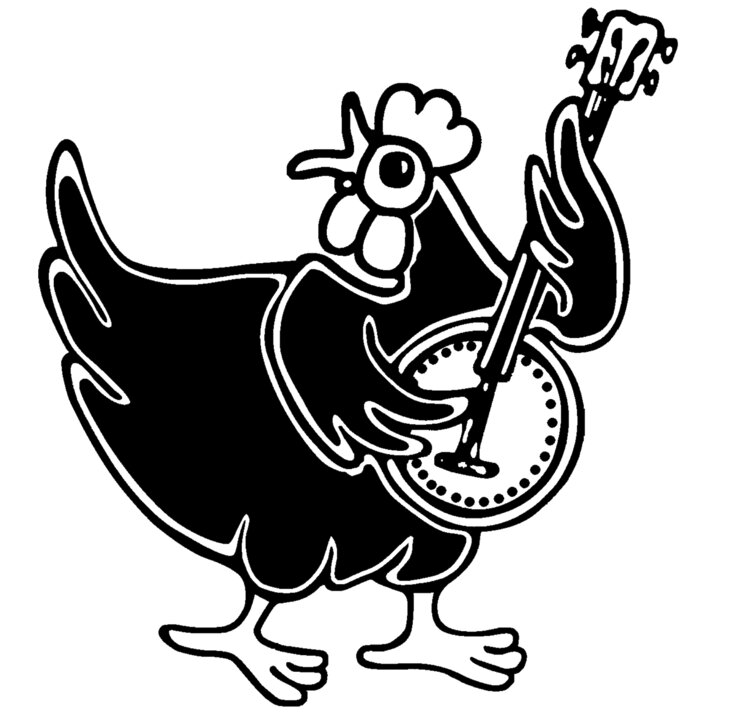Based in Nashville since 1973, Olney has clocked up a fair few musical miles with 21 previous studio albums, released at a rate of one every one or two years since 1991. While his songs have been covered by the likes of Emmylou Harris, Linda Ronstadt and Steve Earle, he’s never really achieved huge commercial success in his own right, but then he’s never been short of a loyal following either. His latest is unlikely to change either situation, but it again serves to underline his strength, not only as a writer and performer, but also as an observer and a voice of his times.
Featuring Daniel Seymour on upright bass and the great Fats Kaplin on accordion and oud, though nine original numbers and an unlikely cover, the album explores the notion of walls in their different forms, physical, emotional and metaphorical and, as per the title, what the view is like depending on which side you’re standing. Inevitably, the theme of the outsider, the refugee, finds its way into the Steve Dawson produced album, opening with the fiddle-led Texicana chug of ‘Always The Stranger’ (“always the wanderer lost in time”) featuring Charlie McCoy on harmonica. McCoy on vibes, ‘Wall’ has a bluesy shuffling groove punctuated by bolts of electric guitar as he talks of division, an implicit nod to Trump’s Mexican project clear, but with a wider perspective on the paranoia that has gripped not just America but society at large as, “a lock on every door”, he ponders “When did we begin to live in shadow? We don’t even trust each other now.”
It’s perhaps no geographical accident that this is followed by ‘Border Town’, a twangsome studio recording of a story song about a coming storm that featured on his 1997 Real Lies live, here one of three featuring the McCrary Sisters on backing vocals.
Extending the symbolism, balancing a desert-noir feel with a melodic chorus, the semi-spoken ‘I Spy’, featuring Anne McCue on backing vocals, adopts the espionage imagery of living a double life, unable to tell which is real, never questioning the why or wondering where the blame lies, the political coalescing with the personal in the shadows and the deception. Reworked from 2004’s Illegal Cargo, ‘Running From Love’ fleshes out the spare original with another brooding, bluesy mood, McCoy on harmonica, Dawson on electric guitar and Ward Stout on fiddle.
Co-penned with McCue (who duets) and John Hadley, the latter responsible for almost all the other co-writes, contrary to expectations the title track is a dreamy love song about lovers separated by a border and dreaming of being reunited rather than an overt political number. That this reunion could in death is a suggestion underscored by the fact it’s immediately followed by ‘Death Will Not Divide Us’, its swampy rhythm resulting in the album’s rockiest – and most apocalyptic – track as, backed by the McCrarys he sings about common bonds and reconciliations in our darkest hours, all roads leading to the same destination, albeit “bound for a brighter day”. Again, it’s the need to break down the walls that divide and keep us apart that underpins the countrified, steel-streaked ‘Open Your Heart (And Let Me In)’, McCue again crooning on harmonies, which shuffles along like some warm and easing on down vintage Don Williams number.
The final original song, ‘Stand Tall’, has had a lengthy gestation, taking Olney 25 years to complete, the simple acoustic strum and marching drum beat anchoring what is, unquestionably, the stand-out track. It initially seems to be dark and downbeat as he sings how “nothing here can grow except the desolation deep down in your soul”, the narrator declaring they will never change who and what they are. This is reinforced in the chorus of how “there’s a price to pay for being free”, that being essentially, closing your eyes to the hardships and injustice around you. But, invested with the spirit as well as the melody of both ‘Joe Hill’ and ‘Chimes of Freedom’, the song transforms into an anthemic hymn to endurance by everyone “who digs for gold but never sees it shine” and yet still “wish upon a star and hope that she can change the way things are”.
And so it ends with that cover, a version of the Zombies classic ‘She’s Not There’ that, in the desperation in the voice, plays like a film noir voice-over with Dawson on tremolo electric guitar and the McCrary Sisters providing soulful gospel backing vocals. It may seem an unlikely choice, but the more you listen the more it fits right in.
On ‘Stand Tall’, he calls out to the wandering troubadours who carry the torch in their songs, urging them to “keep it on the road and play it right”. Olney plays it right.
